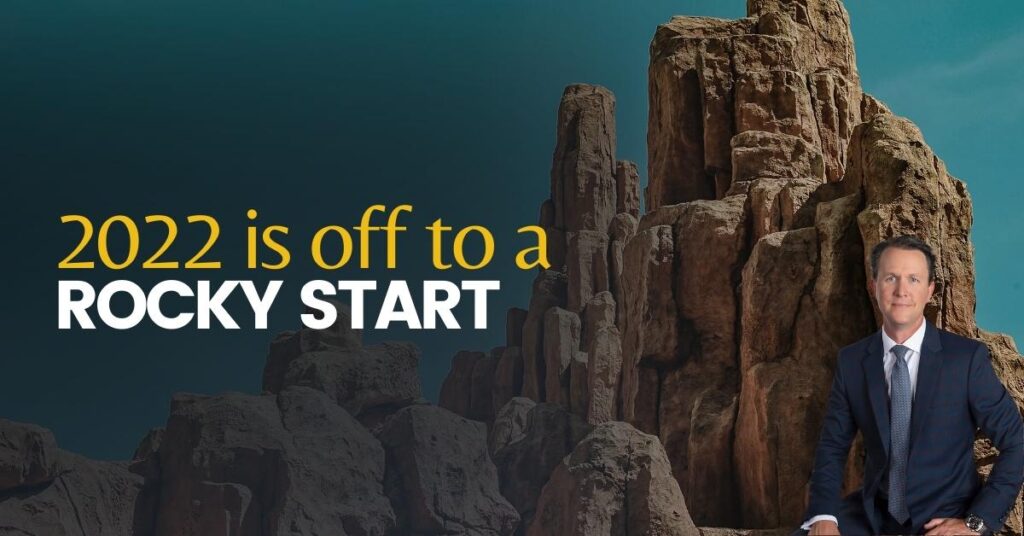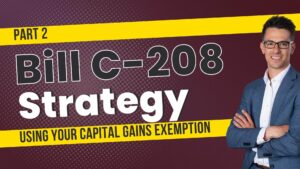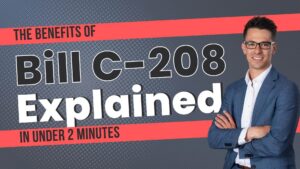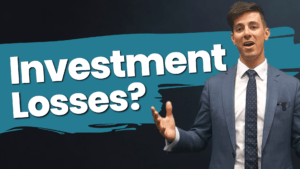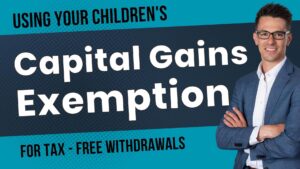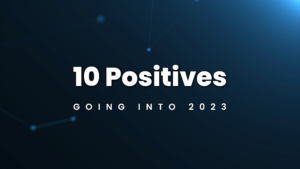[vc_row][vc_column][vc_column_text]Your Investment Questions Answered Part 2.
2022 is off to a rocky start. What is happening?
If you focus on short-term swings in financial markets, you will probably ride the emotional rollercoaster, which will make it difficult to make sound, objective investment decisions.
We have certainly seen this going back to Q4 2018, when the S&P 500 dropped over 15% to end the year on a sour note and then turned on a dime to return 31.5% in 2019. To an emotional investor, this was stressful to first absorb such a short-term loss (and many people bailed right at the bottom), and then when the recovery rally began, they wondered whether they should bail once they got back to even or hold on (and many bailed).
Then, once they got their confidence back, they got slammed by COVID and experienced a 27.5% drop in their equity portfolio value (and many people bailed). They had the same thoughts as 2019 about bailing when their statement showed that they had recovered their losses and fretted all the way up as the S&P 500 rallied 70% to close out the year with a gain of 18.4%.
Confidence was once more restored as the S&P 500 returned almost 30% in 2021, and then once again, markets turned lower and have dropped nearly 13% at the time of writing. Emotional investors are going through the same emotional pain (and many are throwing in the towel).
Let’s now look at the same scenario through the eyes of a less emotional and more objective investor, who probably pays less attention and doesn’t watch the financial news stations.
When this investor reviewed his 2018 statement, he saw that he lost 4% for the entire year, but that followed a good year in 2017, and for the full 2-year period, their portfolio gained 16%. Hence, his return was what should be expected in a long-term equity portfolio. The S&P 500 has returned 6.83% per year since December 31, 1999. So, he was happy that his return for the two years was slightly above average.
When he looked at his 2019 statement and saw his return of 31.5%, he remembered that the market declined in Q4 2018 and calculated that his return from September 2018 to December 2019 was 10.7%, and he was happy that he was above the longer-term return.
Overall, this investor was extremely happy with 2020 as he knew that Q1 2020 was affected by COVID turning life upside down as businesses were closed and people stopped traveling and started renovating, and he still got a return of 18.3%. That was way beyond anybody’s comprehension.
Then 2021 did even better, and the S&P 500 returned 28.71%. Over the previous two years, the S&P returned 52% or 23% annualized, and he figured that was too good to be true so he had a little party to celebrate and turned his focus to the objective, so he wasn’t surprised when the S&P 500 dropped 10 or 12% in Q1 2022 because his annualized return is still well above expected returns at 14% annualized.
The emotional investor is looking at a stock like Home Depot, where he has spent way too much money since COVID hit and saw the price/earnings ratio decline from 27 to 21 and is thinking that although there are 88 million Millennials in the US and not enough housing for them, the house building boom must be over and Home Depot is going broke even though when he looks at a busy Home Depot store he hears the words from the Uber Eats commercial in which Lil Nas says to Elton John “You don’t look broke.”
The objective investor sees the PE Ratio decline and sees a big “On Sale 20% Off” sign-on Home Depot shares and buys them even though he thinks there is a chance they might be 25% Off in a few weeks (but maybe not!).
This simple analysis of emotional and objective investors can get more complicated and can easily turn objective thinking into emotional thinking. What if you bought right at the highs in 2018, 2020, or in December 2021? If you have been investing in equity markets before the 2008 Financial Crisis or bought in late 2007, there was a period from 2000 through the summer of 2012 where you made no money. An objective investor knows that can happen but considers the demographics and figures that with 88 million Millennials who need to buy everything over the next 20 years, 81 million Baby Boomers who need health care and technological advances improving productivity being released daily, it should not happen over the next ten years. Having said that, we can’t predict the outcome of Putin’s recent actions.
How can I fight my emotions and become an Objective Investor?
The best answer to this is to understand your investments. Investing is complicated, but it can be relatively simple if you let it. If you know that financial markets have bad periods, like 2008, 2018, 2020, and now in 2022 and things like COVID, Russia/Ukraine, and Fed policy happen from time to time, do that math and ask yourself the question “If I have $1 million invested in equities and the market drops 20%, and I lose $200,000, will I be able to handle the heat?” Dollars always seem more extreme than percentages.
Understand that the primary driver of stock prices is earnings growth, so if there is a recession, stock prices will likely decline. Most people don’t really understand equities, and that causes too much stress. Spend some time understanding your investments and why your portfolio is designed the way it is. That is, “What’s your strategy?”
Invest in quality companies and preferably companies you know, like the Canadian banks, Home Depot, Microsoft, or Google. When Royal Bank drops 10%, most people don’t worry. When Gamestop, Bed, Bath and Beyond, or a company losing millions of dollars each year, drops, and there are talks they are experiencing financial difficulty, maybe you should worry.
Don’t look at your stock prices every day. Companies release earnings four times per year, and those numbers are real. The rest is speculation. You don’t need a “lightmare” like in the BMO commercial. Financial advisors with these are stressed out and would be better off without them.
What should an Objective Investor focus on?
Focus on the plan and understand the concepts in which you are invested. Equities are not for everybody because not everybody can maintain objectivity. Many people can’t focus on their overall portfolio, which might be 50% stocks and 50% fixed income, and not get caught up in the thought that if the market is down 10%, they might be down 5%, which helps investors stay objective.
Have a minimum 5-year timeframe. If you need the money in 2-years, too much can and will go wrong during that period, and you may have an unhappy ending. Be realistic. Being objective means avoiding unrealistic expectations. Ask a sports psychologist for the worst detractors of performance, and expectations will be at the top of the list. If you get a 25% return in a year, don’t reset your expectations to 25% when 7 or 8% are realistic.
Yogi Berra, the famous catcher for the Yankees, said, “baseball is 90% mental, and the other half is in your head”. To be an objective investor, you have to reduce mental stress and work with an advisor who helps with this. An advisor who says “You are up 25% this year on your equity portfolio. Don’t expect this to continue forever, and don’t be surprised if you give some of this back”. Or “Your equity portfolio is down this year, but the fund managers we are working with have a 10-year track record of 18% per year, which is difficult to maintain, but being down 6% over the past two months doesn’t mean they lost the ability to perform in the future.”
Source for stock market data: www.ycharts.com
Didn’t get the answer to your question? Let us know what is on your mind. Send us an email or contact us at 204-256-5555.[/vc_column_text][/vc_column][/vc_row]
